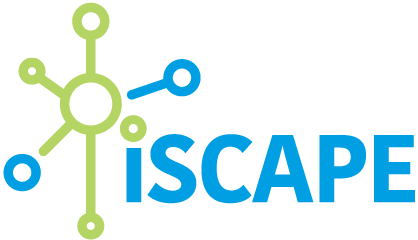
Location Based Framework and Deployment of Behavioural Solutions (Work package 4)
Research message
Work Package 4 will evaluate the effects of behavioural interventions through modelling and simulation. The analysis includes estimation of individual personal exposure to air pollutants from their predicted daily travel-activity participation in response to various policies. Furthermore, an effort will be made to translate the effects of behavioural changes into climate change.
Main aims
The main aims of this research are as follows:
- Understanding the extent of individual’s personal exposure to air pollutants in target cities using a massive collection of trajectory data at a fine spatio-temporal resolution.
- Enhancement of modelling framework for incorporation of environmental cost related variables for appropriate prediction of activity-travel behaviour.
- To estimate road transport emissions using state of the art activity-travel simulation models for prediction of behavioural changes in response to identified policies aimed at improving air quality.
- To ascertain the implications of behavioural changes in response to policies against projected climate changes in the selected target cities within iSCAPE using urban dispersion models.
- To develop the framework by engaging local citizens/stakeholders through workshops to enhances and influence positive behaviour changes aimed at improving air quality based on the learnings of the simulation experiments.
Main outcomes
This WP provides an assessment of effects of behavioural changes (selection of activity-travel choices) in response to policies/interventions in air quality and consequently climate changes. Variety of tools (GPS-based loggers) and models (simulation and air quality dispersion models) will be used to simulate such scenarios and policies, and in doing so, these tools/models will be developed/enhanced in terms of their methodological aspects to provide required functionality and outputs. An important outcome of this WP is to develop methodology to translate the effects of behavioural changes into projected changes in climate within target iSCAPE’s cities. Furthermore, through workshops activities involving local citizens and stakeholders ways will be recommended to influence behavioural changes that brings positive changes in air quality. The outcomes of this WP will contribute to overall policy recommendations of WP 7.
Main outputs
- A detailed report on environmental effects of behavioural actions
- Enhancement and integration of activity-based model by incorporating information regarding environmental cost.
- A detailed report on the behavioural simulation design aspects for environmental analysis
- Prototype development of a fully integrated data-driven simulator with a technical document on the behavioural-based environment simulation
- A detailed report on translating the impacts of policy changes in Air quality and climate changes for all target cities within iSCAPE
- A report on technical solutions that have the potential to influence those personal choices which reduces air pollution
- A report on findings of the citizens science workshops to influence policy changes
Practical use
This WP will provide a detailed account on finding the effects of policy changes in individual travel-behaviour and then translate these behavioural changes into air pollutants exposure and projected climate changes. Through engagement of local citizens and stakeholders in series of workshop, the WP will provide an effective ways for influencing positive policy changes for improving air quality, that can also be used worldwide.
